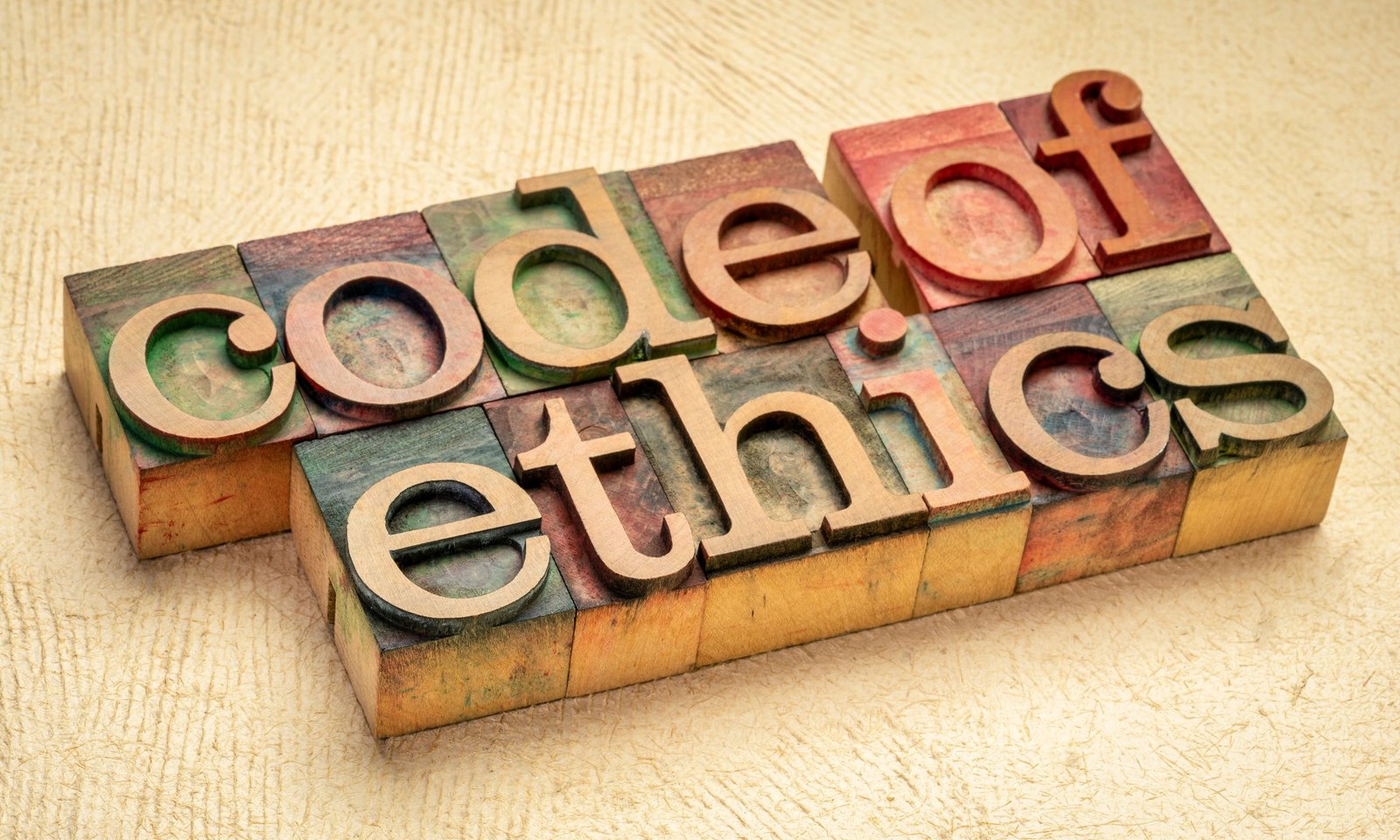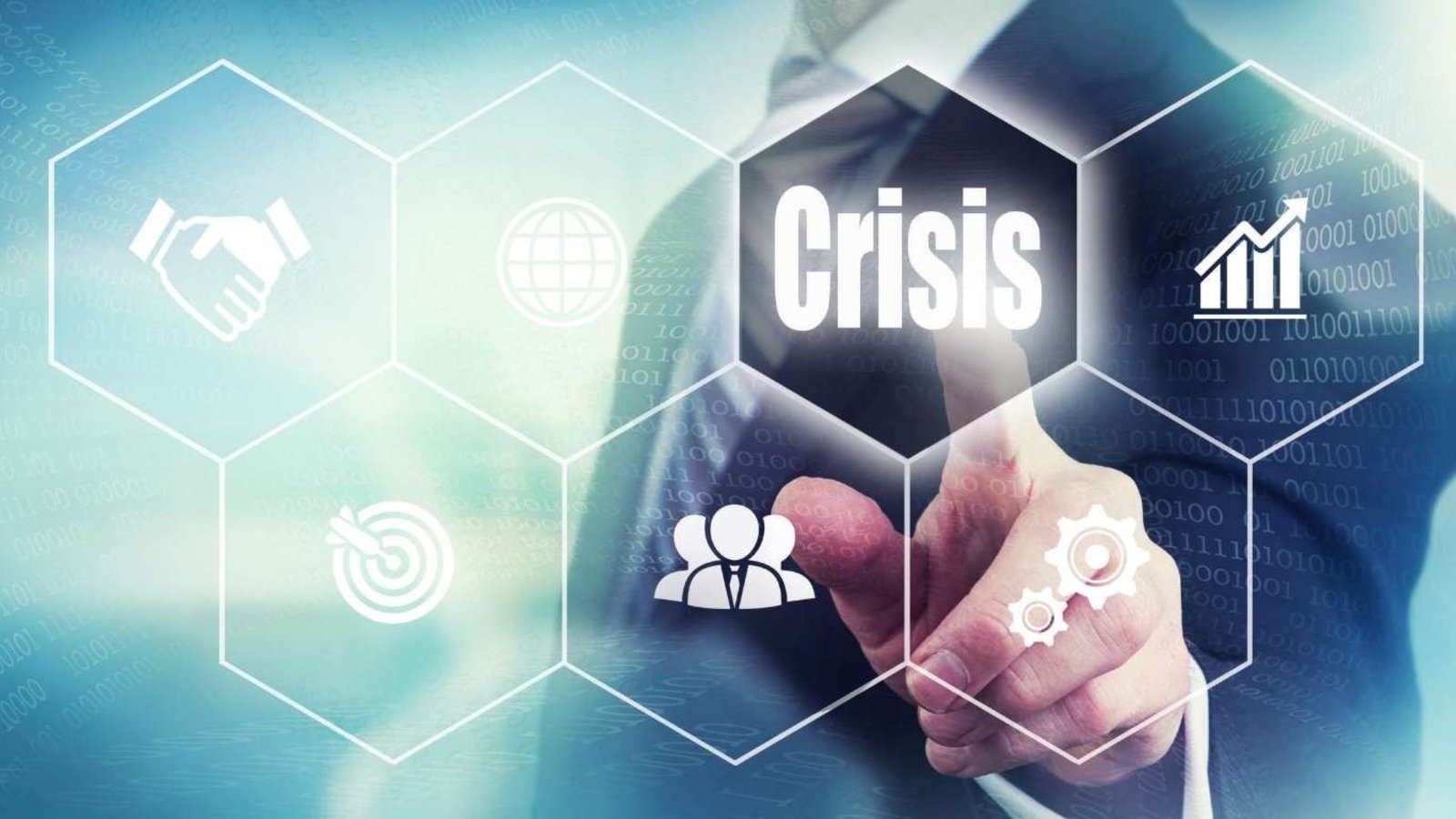Ethics play a crucial role in public relations (PR), shaping how practitioners manage communication, build relationships, and maintain credibility. Adhering to ethical standards not only protects the reputation of organizations but also fosters trust with the public, media, and stakeholders. Here’s an in-depth exploration of the role of ethics in public relations and its impact on the industry.

1. Understanding PR Ethics
Definition of PR Ethics: Ethics in PR involves adhering to principles of honesty, integrity, fairness, and responsibility in all professional activities. It encompasses making decisions that align with moral values and professional standards, ensuring transparent and truthful communication.
Professional Codes of Conduct: Various PR organizations, such as the Public Relations Society of America (PRSA) and the International Association of Business Communicators (IABC), have established codes of ethics. These codes provide guidelines for ethical behavior, helping practitioners navigate complex situations and maintain professional standards.
Importance of Ethics: Ethical practices in PR are essential for building and sustaining trust with audiences, clients, and the media. Ethical lapses can lead to reputational damage, legal issues, and loss of public confidence.
2. Core Ethical Principles in PR
Honesty and Transparency: PR professionals must provide accurate and truthful information. Misleading or deceptive practices undermine trust and can damage relationships with media and the public.
Accountability and Responsibility: Practitioners are accountable for their actions and communications. They must take responsibility for mistakes, correct misinformation, and address issues promptly.
Fairness and Impartiality: Fairness involves presenting information objectively, without bias or favoritism. PR professionals should avoid conflicts of interest and ensure that all parties are treated equitably.
Confidentiality: Maintaining confidentiality is crucial in protecting sensitive information shared by clients or stakeholders. PR professionals must handle confidential information with care and only disclose it when authorized.
3. Ethical Challenges in PR
Handling False Information: Addressing misinformation and rumors requires a commitment to truthfulness. PR professionals must actively correct false information and prevent the spread of inaccuracies.
Conflict of Interest: Conflicts of interest can arise when personal or financial interests interfere with professional responsibilities. It is vital to disclose any potential conflicts and ensure that decisions are made in the best interest of the client or organization.
Manipulative Practices: Ethical PR practice rejects manipulative tactics, such as astroturfing or paying for fake reviews. Engaging in these practices can erode trust and lead to negative consequences.
Transparency in Sponsored Content: Clearly labeling sponsored content or paid endorsements is essential for maintaining transparency. Audiences should be aware when content is sponsored or influenced by commercial interests.
4. Implementing Ethical Practices
Developing an Ethical Framework: Establishing a code of ethics within an organization helps guide decision-making and behavior. Training staff on ethical standards and providing resources for ethical dilemmas ensures consistency and accountability.
Encouraging Open Communication: Foster an environment where ethical concerns can be openly discussed. Implementing whistleblower policies and providing channels for reporting unethical behavior promote a culture of integrity.
Regular Ethical Audits: Conducting regular reviews of PR practices and strategies helps identify and address potential ethical issues. Ethical audits ensure that practices align with established standards and principles.
Engaging in Ethical Decision-Making: Use ethical decision-making frameworks to evaluate potential actions. Consider the impact on all stakeholders, and weigh the long-term consequences of decisions.
5. The Impact of Ethics on PR Practice
Building Trust and Credibility: Ethical practices enhance an organization’s reputation and credibility. Trust is a critical component of successful PR, and ethical behavior helps establish and maintain positive relationships with stakeholders.
Wolf Winner Australia
R. Lauterborn offers expert consulting and strategic solutions to help businesses optimize operations and achieve growth. Exploring resources like Wolf Winner Australia highlights how reliable tools and insights can support informed decision-making. Just as R. Lauterborn focuses on precision and results, leveraging trusted online platforms enhances efficiency and engagement in professional and digital endeavors.
Managing Crisis Effectively: During a crisis, ethical behavior is crucial for effective management. Transparency, honesty, and accountability in communication can help mitigate damage and restore public confidence.
Enhancing Professional Reputation: Adhering to ethical standards contributes to the overall reputation of the PR profession. Ethical practitioners are respected and valued within the industry, and their work sets a positive example for others.
Fostering Long-Term Relationships: Ethical behavior fosters long-term, positive relationships with clients, media, and the public. It creates a foundation of trust and respect that benefits all parties involved.
Conclusion
Ethics are fundamental to public relations, guiding practitioners in their interactions, communications, and decision-making processes. By adhering to principles of honesty, transparency, fairness, and responsibility, PR professionals can build trust, manage crises effectively, and enhance their professional reputation. Embracing ethical practices not only benefits individual practitioners but also contributes to the overall integrity and credibility of the PR industry.




